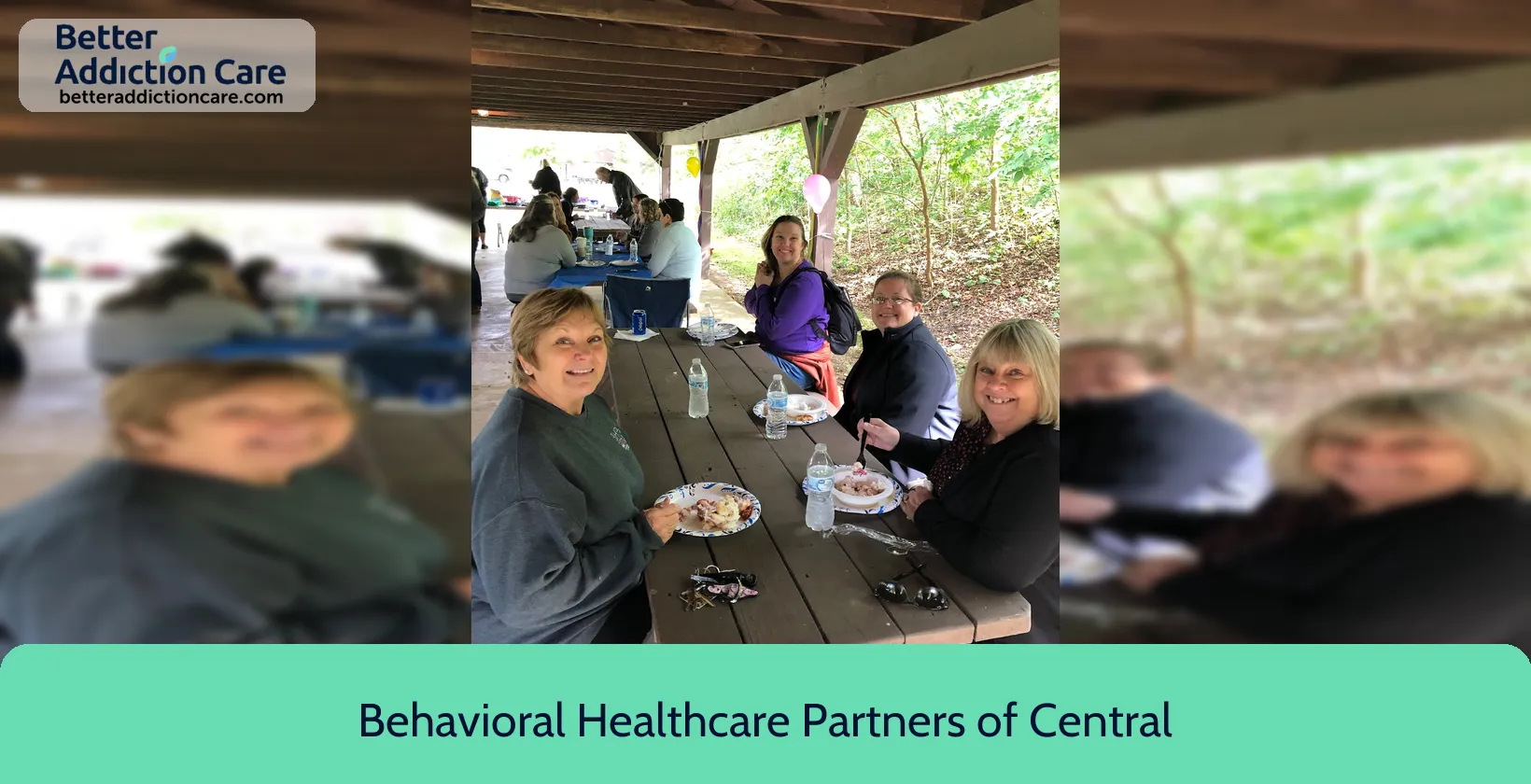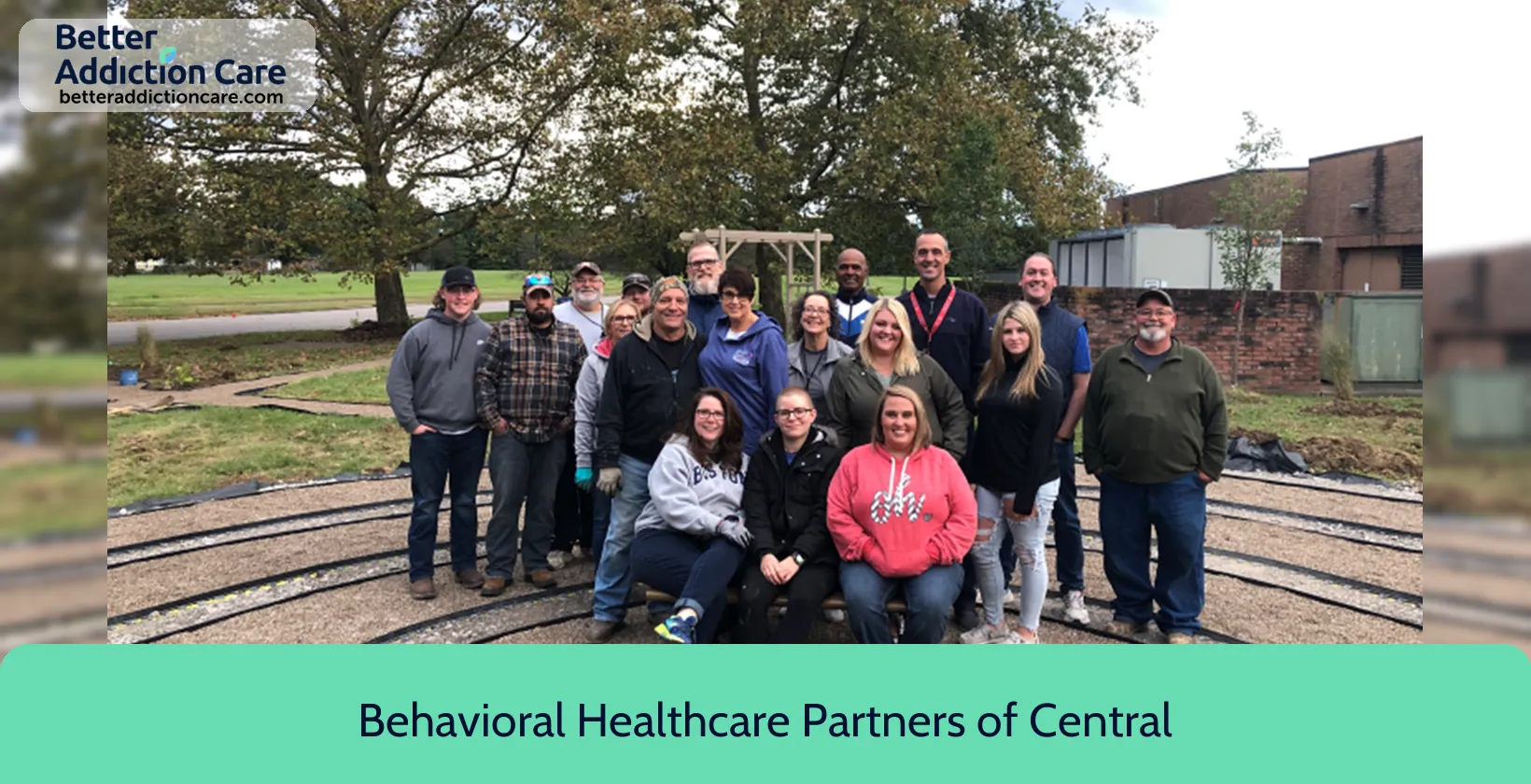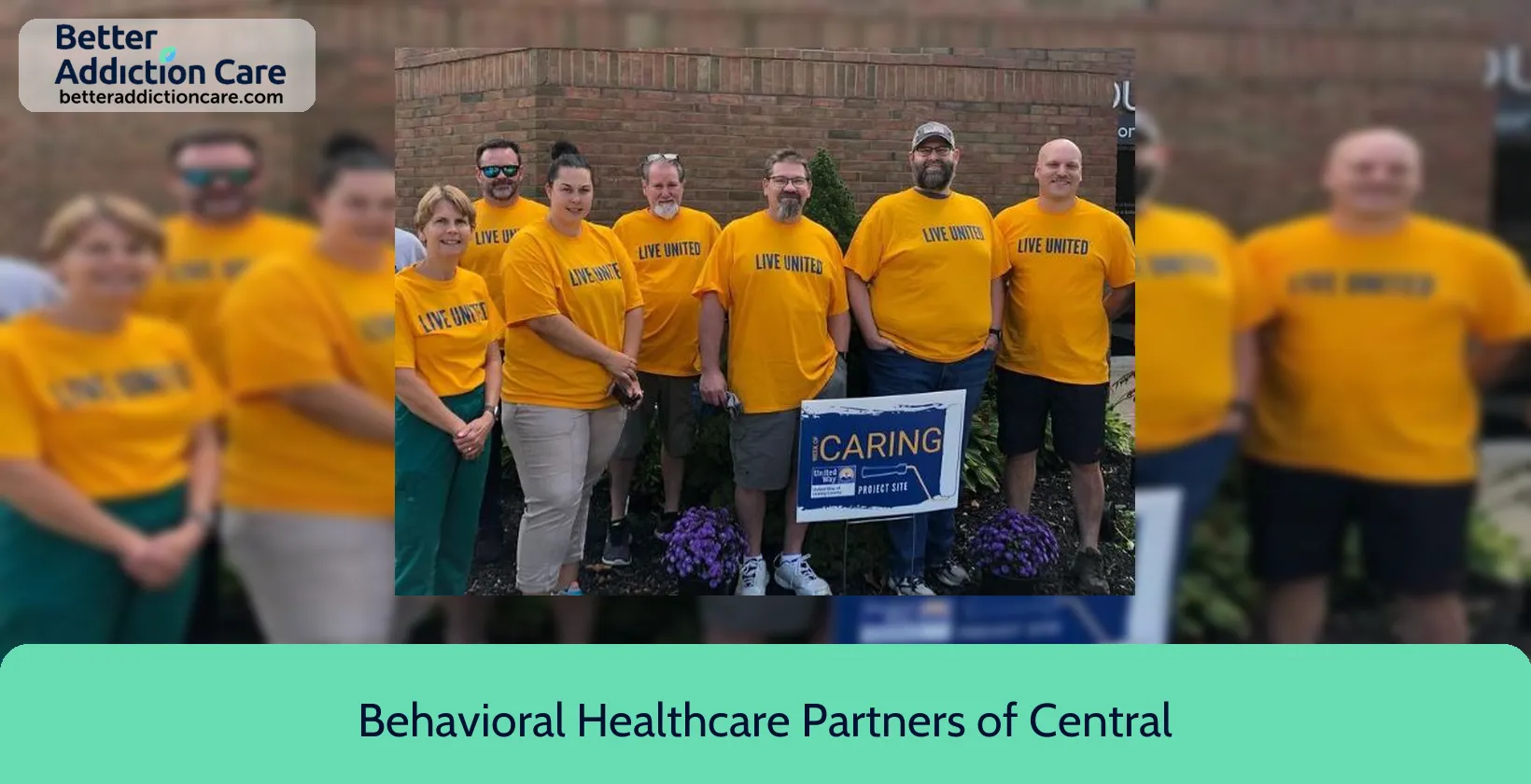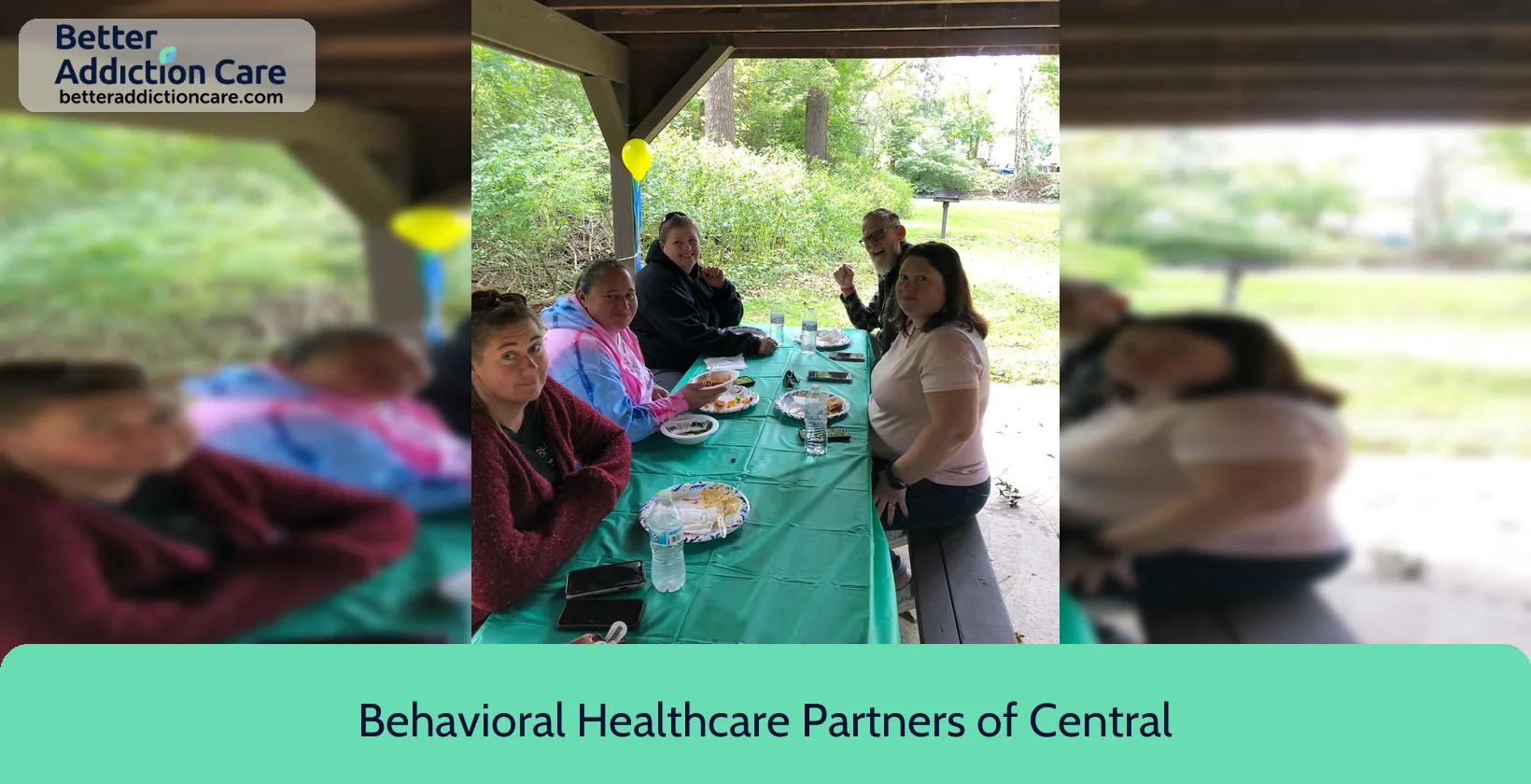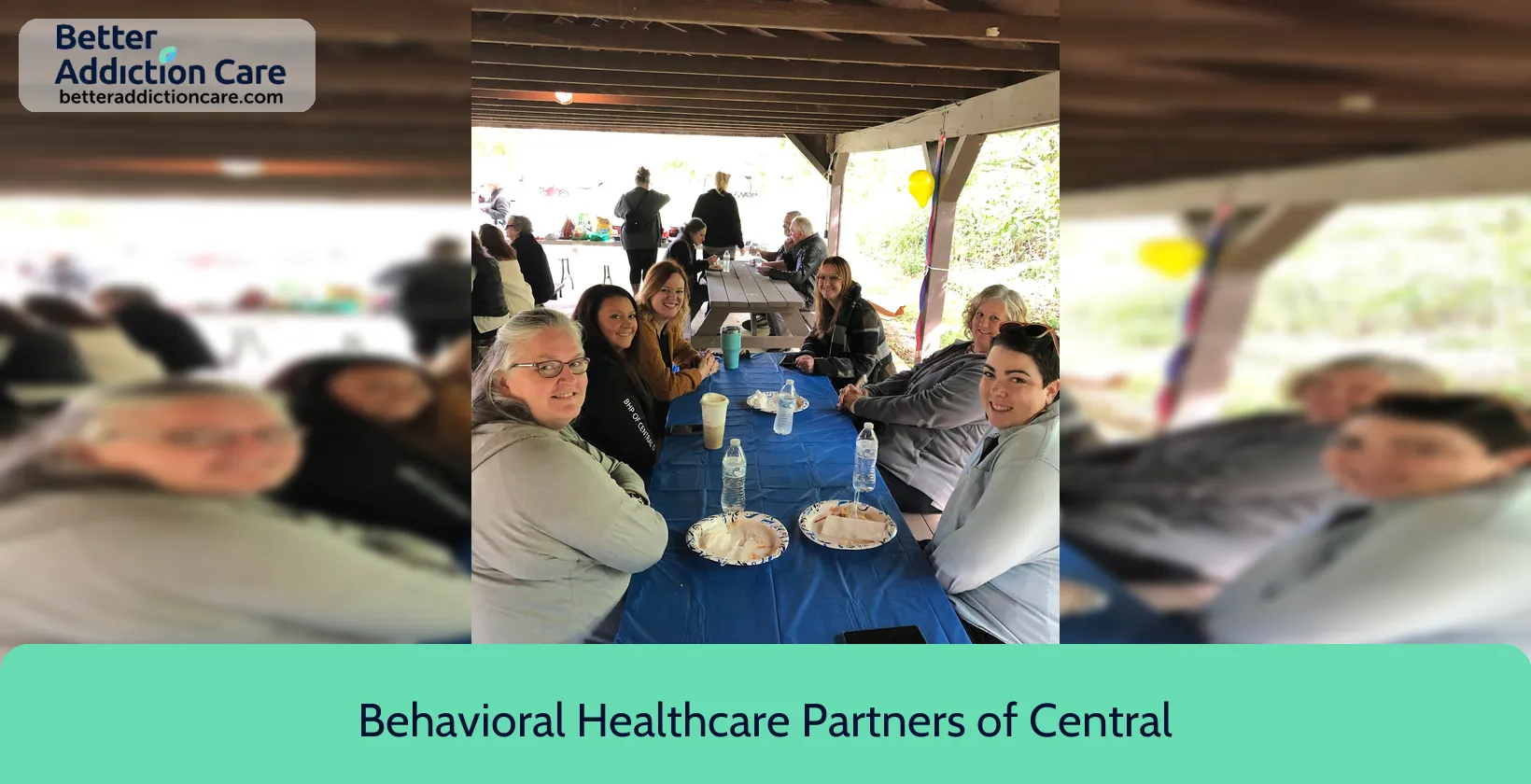Behavioral Healthcare Partners of Central Ohio
Overview
Behavioral Healthcare Partners of Central Ohio is a mental health treatment center for people seeking treatment near Licking County. As part of their treatment modalities for recovery, Behavioral Healthcare Partners of Central Ohio provides individual psychotherapy, couples/family therapy, and cognitive behavioral therapy during treatment. Behavioral Healthcare Partners of Central Ohio is located in Newark, Ohio, accepting cash or self-payment for treatment.
Behavioral Healthcare Partners of Central Ohio at a Glance
Payment Options
- Cash or self-payment
- Medicaid
- Medicare
- State-financed health insurance plan other than Medicaid
- Private health insurance
Assessments
- Screening for tobacco use
- Comprehensive mental health assessment
- Comprehensive substance use assessment
- Interim services for clients
- Outreach to persons in the community
Age Groups
- Children/adolescents
- Young adults
- Adults
- Seniors
Ancillary Services
- Assertive community treatment
- Intensive case management
- Case management service
- Court-ordered outpatient treatment
- Family psychoeducation
Highlights About Behavioral Healthcare Partners of Central Ohio
7.51/10
With an overall rating of 7.51/10, this facility has following balanced range of services. Alcohol Rehabilitation: 8.00/10, Drug Rehab and Detox: 7.85/10, Insurance and Payments: 6.00/10, Treatment Options: 8.18/10.-
Treatment Options 8.18
-
Alcohol Rehabilitation 8.00
-
Drug Rehab and Detox 7.85
-
Insurance and Payments 6.00
Accreditations
State mental health department:
State mental health department accreditation refers to the process of evaluating and certifying the quality and standards of a state's mental health department, ensuring that it provides high-quality services and meets specific criteria for mental health care. The accreditation process is performed by a third-party organization and helps to improve the overall care and treatment of individuals with mental health conditions.
Commission on Accreditation of Rehabilitation Facilities (CARF):

Established in 1966, the non-profit organization known as the Commission on Accreditation of Rehabilitation Facilities (CARF) has a dedicated focus on accrediting rehabilitation organizations. CARF's primary mission is to assist service providers, particularly rehabilitation facilities, in upholding and promoting the highest standards of care.
Treatment At Behavioral Healthcare Partners of Central Ohio
Treatment Conditions
- Alcoholism
- Mental health treatment
- Substance use treatment
- Co-occurring Disorders
Care Levels
- Outpatient
- Outpatient methadone/buprenorphine or naltrexone treatment
- Regular outpatient treatment
- Aftercare
- Halfway house
Treatment Modalities
- Individual psychotherapy
- Couples/family therapy
- Cognitive behavioral therapy
- Dialectical behavior therapy
- Integrated Mental and Substance Use Disorder treatment
Ancillary Services
Languages
- Sign language services for the deaf and hard of hearing
Additional Services
- Pharmacotherapies administered during treatment
- Housing services
- Breathalyzer or blood alcohol testing
Special Programs
- Clients with co-occurring mental and substance use disorders
- Criminal justice (other than DUI/DWI)/Forensic clients
- Clients who have experienced trauma
- Children/adolescents with serious emotional disturbance (SED)
- Persons 18 and older with serious mental illness (SMI)
Get Help Now
Common Questions About Behavioral Healthcare Partners of Central Ohio
Contact Information
Other Facilities in Newark

6.68

7.51

6.62

6.92

6.74

6.85

6.85
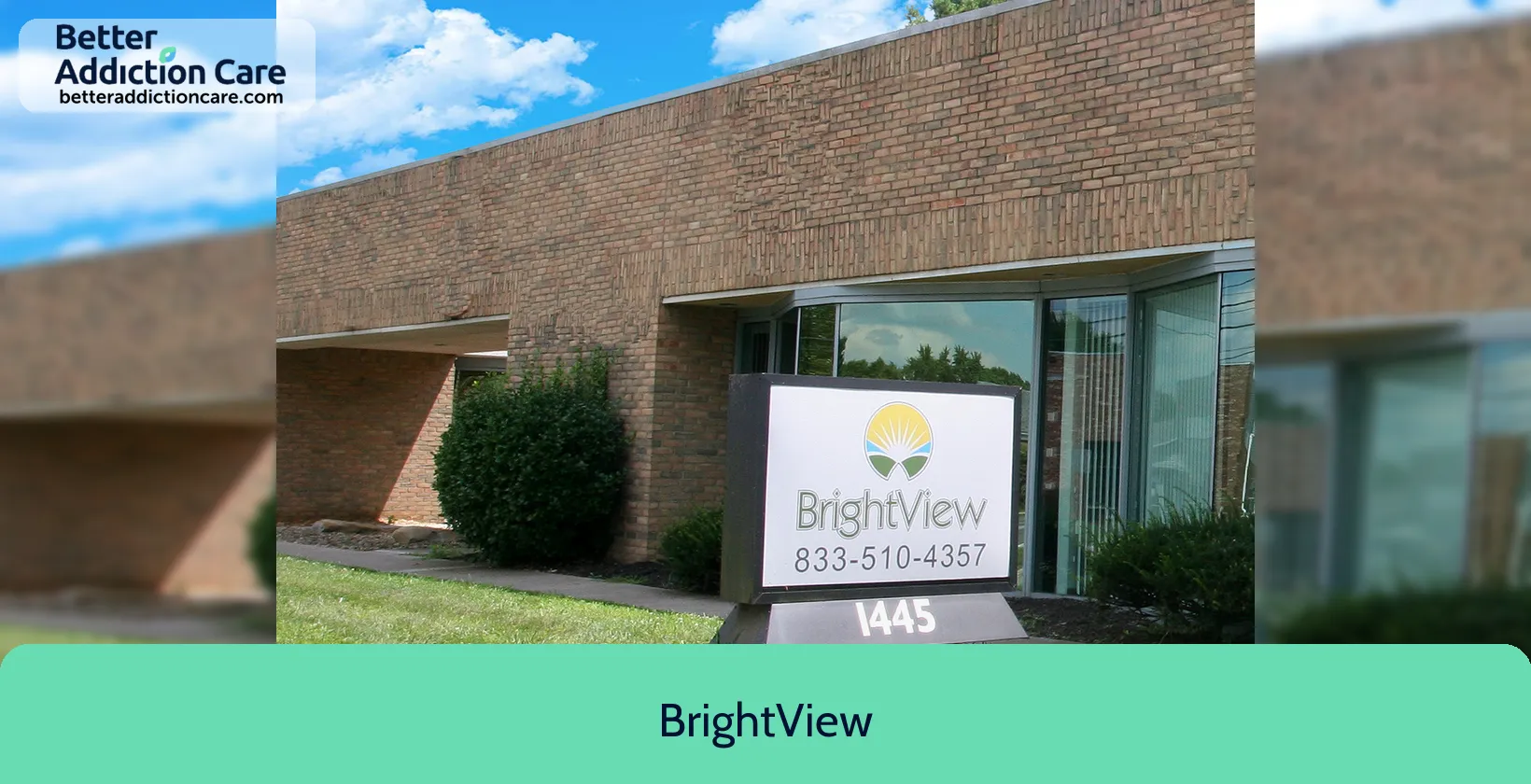
7.45
DISCLAIMER: The facility name, logo and brand are the property and registered trademarks of BrightView, and are being used for identification and informational purposes only. Use of these names, logos and brands shall not imply endorsement. BetterAddictionCare.com is not affiliated with or sponsored by BrightView.
